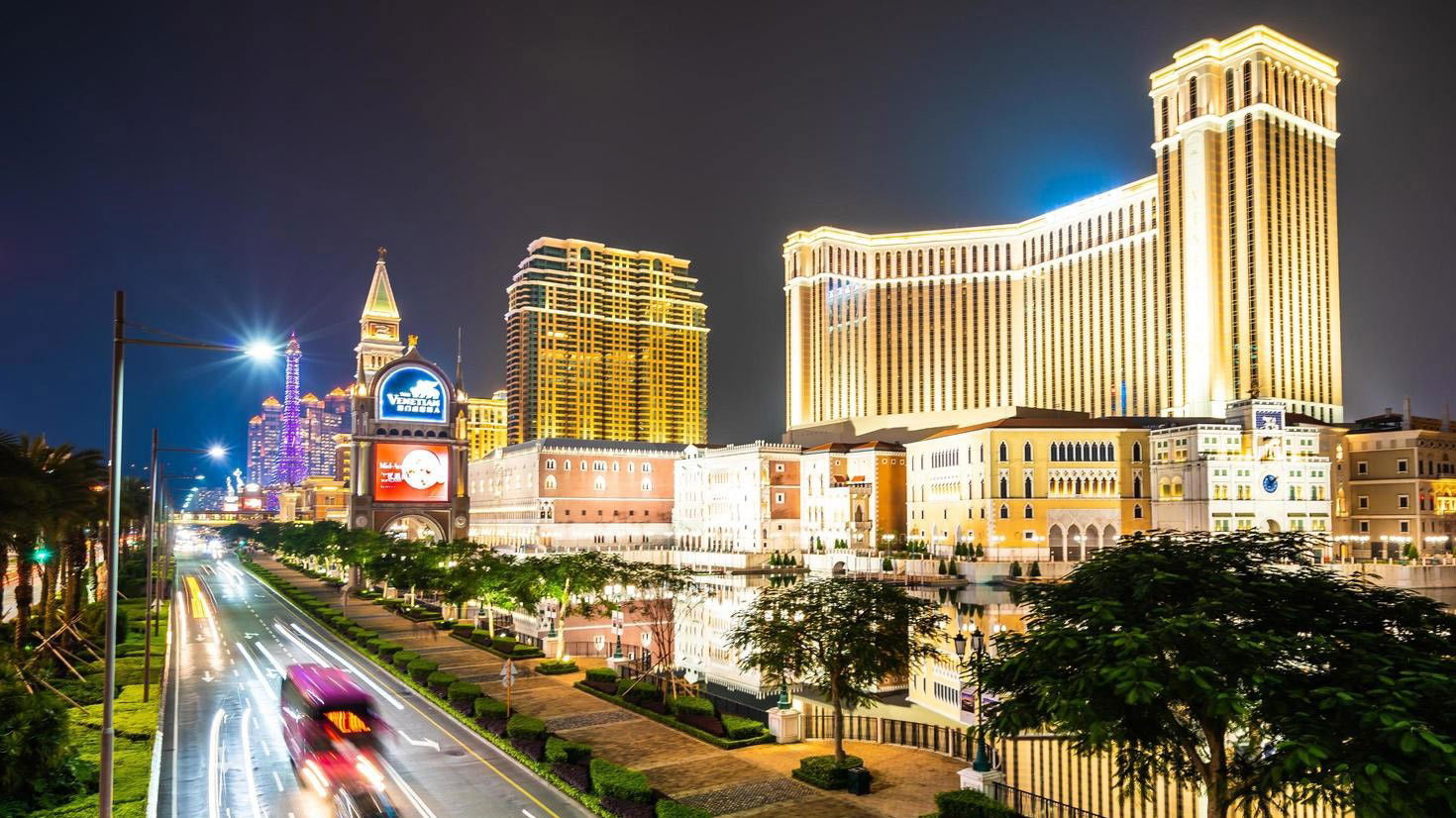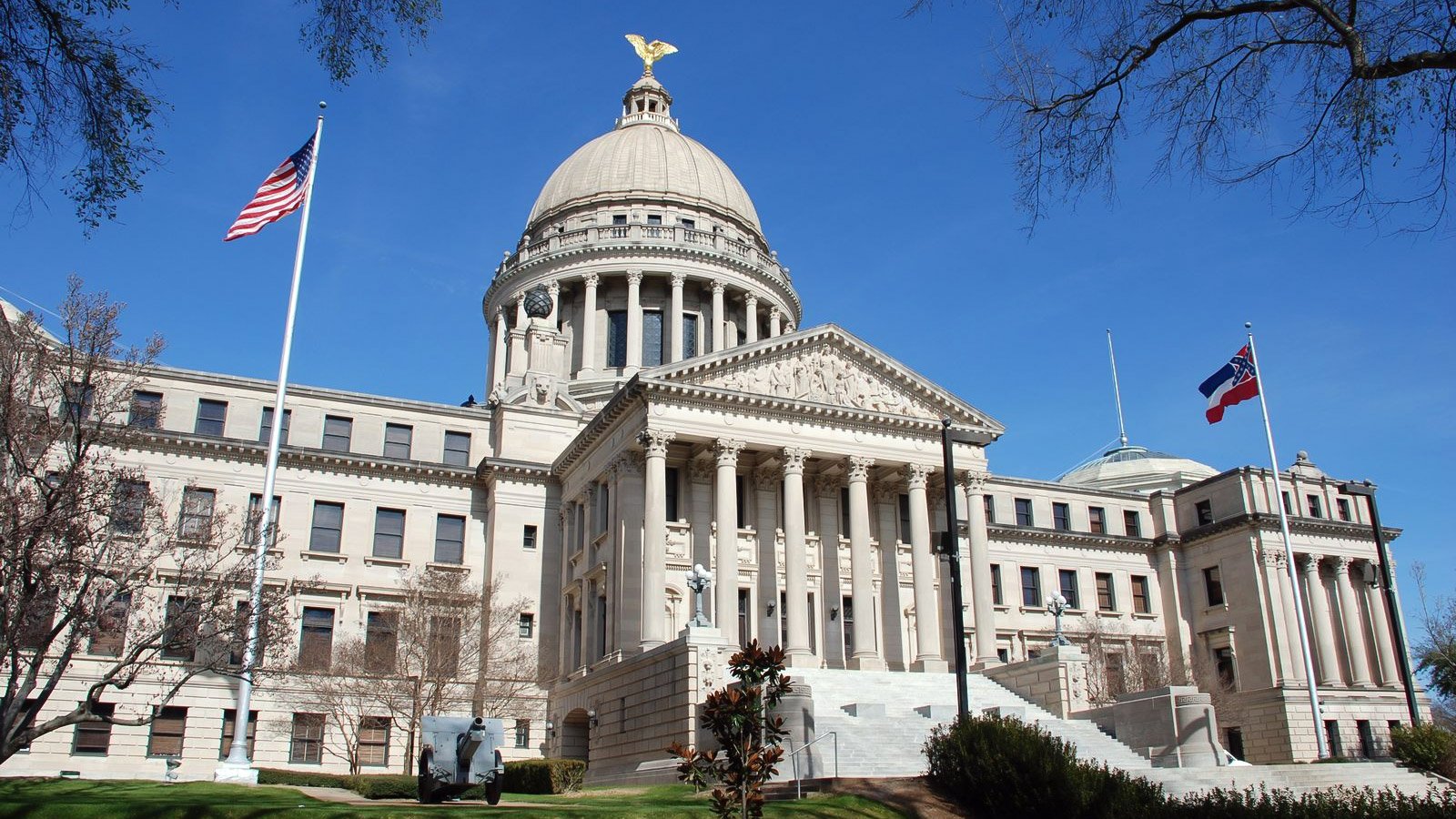Macau's final gaming bill draft sees indirect taxes increased to all-time high; 6-month license extensions to be granted

In the latest draft of Macau's new gaming law, forwarded out of the second standing committee of the Legislative Assembly (AL) on Wednesday, the effective tax rate on gross gaming receipts, already Asia's highest, would edge up to 40% from 39%. In comparison, in Singapore, Asia's second-largest casino market, gaming tax rates top out at 22%.
The president of Macau’s second standing committee, Chan Chak Mo, said on Wednesday that the committee was "confident" that the gaming law amendment would "get enough votes to pass," with a final version expected to be sent to the plenary for voting on June 21. He further explained that not many last-minute changes were made on the draft signed Wednesday, with adjustments mostly on wording, while keeping most major proposals intact.
The tax base rate of 35% would not change, but two additional levies to support cultural activities, infrastructure and other programs of the government and Macao Foundation would rise to a combined 5% from 4%. Macau's chief executive will be able to waive the levies based "on public interest," without going into detail.
Macau Legislative Assembly
However, according to the new gaming law draft submitted by authorities to the commission, gaming operators could see these two extra levies reduced or exempted if they can prove they have attracted gamblers from other jurisdictions to the SAR, as reported by NikkeiAsia.
Additionally, under the final draft gaming concessionaires will also not have to operate exclusively casino games and some of the responsibility incurred by gaming concessionaire shareholders concerning debts has been reduced.
However, despite such adjustments, observers question the extent to which casino operators are likely to pivot to foreign markets. "The government has not only increased the tax burden on gaming operators to 40% but there is also no guarantee that there would be a tax decrease," said Antonio Lobo Vilela, a former government gaming law adviser.
Carlos Lobo, a former Sands China legal counsel, said in a post on LinkedIn: "Increasing the gaming tax by 1% via 'contributions,' without any previous indication that the Macao government was even considering it, is bad news for investors. I wish (hope?) this was a typo."
Macau's government will now formally sign a six-month license extension for casino operators on June 23, an expected move ahead of license expirations due this month. The extension, to December 31, allows more time for a highly anticipated rebidding process in the Chinese special administrative region, the only place in China where gambling in casinos is legal.

Macau's six casino operators -Wynn Macau, Sands China, MGM China, SJM Holdings, Galaxy Entertainment, and Melco Resorts- had all applied for the license extension. They will each need to pay 47 million patacas ($5.81 million) for the extension, as reported by Reuters. According to the new bill, casino operators will need to have 5 billion patacas ($618.43 million) in cash at all times during the 10-year license period.
Gambling in Macau remains far below pre-pandemic levels due to China's zero-COVID policy, which is also effective in force in the former Portuguese colony. Visitors from other countries are barred while tourists from mainland China, long Macau's main market, face cumbersome travel barriers. On Wednesday, the government cut the quarantine period for arrivals from overseas to 10 days from 14.
The Macau Special Administrative Region relies heavily on gaming taxes. Due to the pandemic, the government has been forced to dip into its reserves for the first time while unemployment has risen to its highest level in a decade. Gaming revenues for the first five months of the year reached 23.79 billion patacas ($2.94 billion), down 44% from 2021 levels.
Earlier this week, UBS analyst Angus Chan slashed his forecasts for Macau casino revenues along with his price targets for the city's operators as he pushed back the expected date for normalized Chinese travel rules until the first quarter of 2023 from the quarter before due to the mainland's continuing COVID troubles.
He now predicts revenues this year will reach $8.7 billion, instead of $12.3 billion, while operators' earnings before interest, tax, depreciation, and amortization will come in at $294 million, rather than $1.7 billion. "We believe 2023 could be a year of recovery rather than full normalization," he said, as reported by NikkeiAsia.


















































